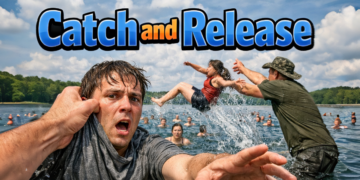Fifth Third Bank Employees Steal Customer Information: 11 People Indicted
A federal grand jury has charged 11 Cincinnatians in a conspiracy to steal bank customers’ information in Greater Cincinnati and Northern Kentucky in an indictment unsealed here today.
According to the indictment, five of the defendants were employed as customer service representatives at Fifth Third Bank in Cincinnati, and in conspiracy with the other defendants, stole customer account information from 2018 until August 2020
“Fifth Third had protective measures and a culture in place to help identify potential misuse of customer information and should be commended for coming forward to work together with law enforcement to hold these alleged fraudsters accountable,” said U.S. Attorney David M. DeVillers.
It is alleged the bank employees were recruited into the scheme through social media. The employees were allegedly paid by other co-conspirators to identify bank customers with high cash balances, and steal and provide the customer information to the other co-conspirators.
Other individuals known as “runners” were recruited to enter Fifth Third bank branches to withdraw money from the compromised accounts. These runners were often homeless or drug-addicted. It is alleged they were given false ID cards with their picture and the name of the account theft victim. The indictment details that runners were sometimes taken to thrift stores and bought clothing to more appropriately match the victims’ identities. Co-conspirators drove the runners to and from the bank branches. After withdrawing $3,000 to $8,000, the runners would receive a small payment.
Those charged include:
Each of the defendants is charged with conspiring to commit bank fraud, a crime punishable by up to 30 years in prison. Bronson, Grigsby, Knox, Palmer and Walker are also charged with aggravated identity theft, which carries a mandatory penalty of two years in prison.
Bronson was arrested Thursday evening and appeared at 2:30 pm today in federal court in Cincinnati.
An indictment merely contains allegations, and defendants are presumed innocent unless proven guilty in a court of law.






















































































